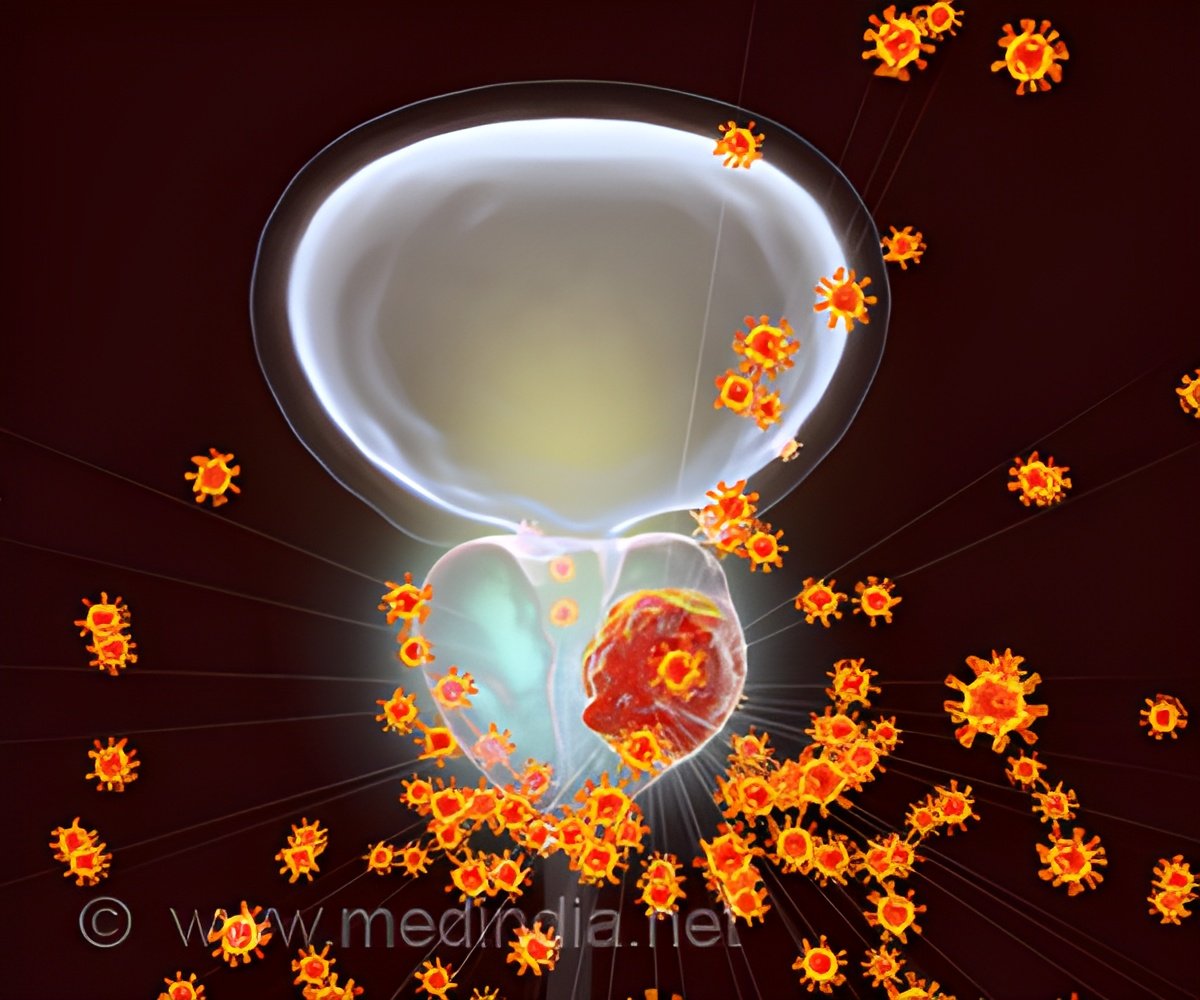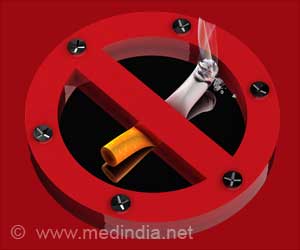A new study’s findings are believed to be the first to shed light on the synergistic interactions of PFAS and dietary fat and the metabolic changes that shift normal prostate cells to a cancerous state.

‘Dietary fat synergizes with PFAS (perfluoroalkyl and polyfluoroalkyl) substances to trigger cancer in normal cells, and accelerate growth in cancerous cells of the prostate.’





The new study by scientists at the University of Illinois Urbana-Champaign and the U. of I. Chicago in mice found that exposure to PFAS synergizes with dietary fat to activate the protein-coding gene PPARa, altering cells that increased the carcinogenic risk in normal prostate cells while driving progression in cancerous cells.“These alterations in cell metabolism that occur downstream of PPARa activation may underpin the increased prostate cancer risk observed in men who are exposed to PFAS,” said Madak-Erdogan, who also holds an appointment as a health innovation professor with the Carle Illinois College of Medicine.
Scientists found that PPARa was expressed at significantly greater levels in the tumor cells of the PFAS-exposed mice that ate the high-fat diet.
PPARa controls cell proliferation and differentiation and has been found to play a key role in the development of liver and kidney cancers.
Previous studies, including some conducted in humans, linked PFAS with a range of serious health problems such as prostate cancer, the most common male cancer in the U.S.
Advertisement
Some of the mice also received oral doses of perfluorooctane sulfonate (PFOS), one of the most common forms of PFAS that has been associated with various cancers.
Advertisement
In cell culture also they found cancerous cells replicated at triple the rate of the cells in the control group.
When the researchers exposed the cancerous cells to another form of PFAS, perfluorobutane sulfonic acid, the cells’ viability was five times greater than the cells in the control group.
PFBS exposure generally occurs through polluted air or polluted drinking water with diseases of the thyroid and other organs.
Finally, scientists hypothesized that metabolic energy pathways within the cells were changing to facilitate the rapid growth observed in cancerous prostate cells.
Source-Medindia










![Prostate Specific Antigen [PSA] Prostate Specific Antigen [PSA]](https://www.medindia.net/images/common/patientinfo/120_100/prostate-specific-antigen.jpg)




